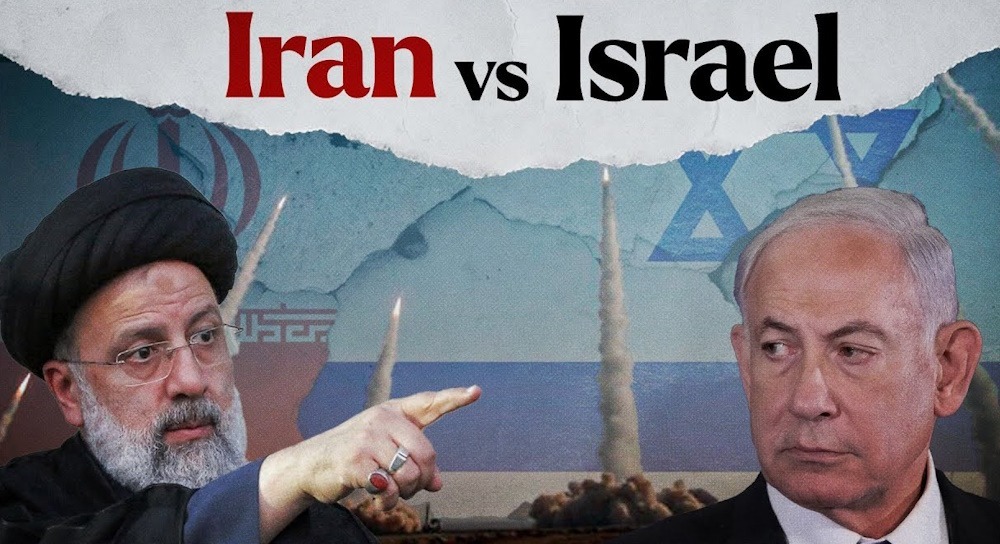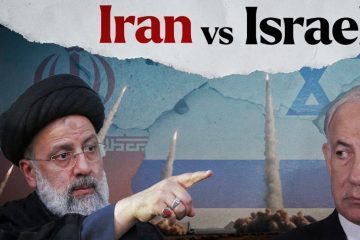What if Iran got nuclear weapons?

Ali Khamenei, the supreme leader of Iran, has encountered a challenging week. Elon Musk’s X has suspended his newly established Hebrew-language account, coinciding with the Israel Defense Forces executing a significant series of air strikes targeting military infrastructure in his country. In light of the significant imbalance between Iran’s capabilities and those of Israel, the embattled ayatollah finds himself with limited viable options for a counterstrike. In contrast, the prime minister of Israel has experienced a favorable week. Benjamin Netanyahu has satisfied both his American and Gulf Arab partners by abstaining from strikes on Iran’s nuclear facilities and oil refineries. However, deterrence has been reinstated. Israeli warplanes not only incapacitated Iran’s air-defense systems but also delivered significant damage to its missile-manufacturing facilities. The communication underscores Israel’s awareness of Tehran’s strategic vulnerabilities, suggesting that it possesses the capability to neutralize them at will.
Following a challenging year, the Biden administration can finally exhale with a sense of relief. The upcoming American elections will unfold without the influence of a global energy crisis or U.S. involvement in a conflict in the Middle East. The strikes highlighted a fundamental aspect of the Middle East power dynamics that has persisted since the 1973 Yom Kippur War. Military forces equipped with American military technology and intelligence-gathering capabilities possess a significant advantage over those dependent on Moscow’s resources. The utility of Russian military equipment is acknowledged; however, American technology is widely regarded as the benchmark in global defense, particularly for a nation like Israel, which possesses considerable intelligence and technological prowess.
This reality has underpinned the peace and stability that the Middle East has experienced since the tenure of Henry Kissinger as secretary of state. However, the efficacy of military power is inherently limited. Without a pragmatic political agenda to support it, as Napoleon discovered to his detriment, a succession of military triumphs will ultimately fail to secure lasting peace. Notwithstanding its impressive headline accomplishments, Israel faces significant challenges ahead in this conflict. The conflict in Gaza has persisted far longer and has resulted in significantly greater casualties than Israel anticipated, while Hezbollah continues to demonstrate resolute resistance in the north. A protracted conflict in Lebanon would adversely affect Israel’s economic standing and global reputation, while an ongoing cycle of counterterrorism operations in Gaza would be far from optimal. Iran’s approach to furthering its regional objectives through the deployment of proxies that pose a threat to both Israel and the Gulf Arab states has faced challenges, yet remains intact amid the ongoing conflict.
Given the Islamic Republic of Iran’s unwavering stance as a formidable adversary to Israel’s interests in the pursuit of regional dominance, it is imperative for Jerusalem to engage in confrontations on the terms and timelines dictated by Tehran. Moreover, Israel requires American assistance in the event of a protracted conflict with Iran. This represents a significant challenge. Regardless of whether Kamala Harris or Donald Trump emerges victorious in next week’s presidential election, it is probable that the United States in 2025 will prioritize the avoidance of conflict in the Middle East over a decisive resolution to the challenges posed by Iran in relation to Israel.
Israel’s capacity to engage Iran and its affiliates largely without consequence has undermined the strength of Iran’s allies, diminished its military capabilities, and tarnished the regime’s standing. Two pivotal questions emerge at this juncture. Is Tehran poised to pursue a nuclear breakout as a means to offset the limitations of its conventional military capabilities? Should this scenario unfold, will the apprehension surrounding an Iranian nuclear arsenal compel Washington to back Israel, even at the potential cost of embroiling itself in yet another conflict?
The prospect of a nuclear breakout appears increasingly attainable for Tehran and holds greater strategic allure than in previous assessments. Iran’s endeavors in uranium enrichment, bomb design, and missile production have positioned Tehran on the cusp of achieving genuine nuclear capability. Israel’s remarkable military actions against Iran and its affiliates highlight the constraints on Iran’s capacity to engage effectively in nonnuclear arenas. The question of how America would respond to a nuclearizing Iran is a multifaceted issue. A scant number of individuals in the United States express a desire for yet another conflict in the Middle East. Absent American assistance, Israel may find that its sole military recourse against the extensively fortified, regionally dispersed, and deeply entrenched Iranian nuclear program could necessitate the deployment of nuclear weapons. Is it conceivable that Israel might resort to nuclear threats against Iran as a final measure should Washington fail to assist in halting the program through conventional methods? Would such a threat, whether implicit or overt, suffice to assuage any hesitations in Washington regarding assistance to Israel in dismantling its nuclear facilities with conventional weaponry?










